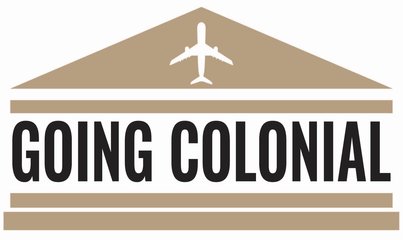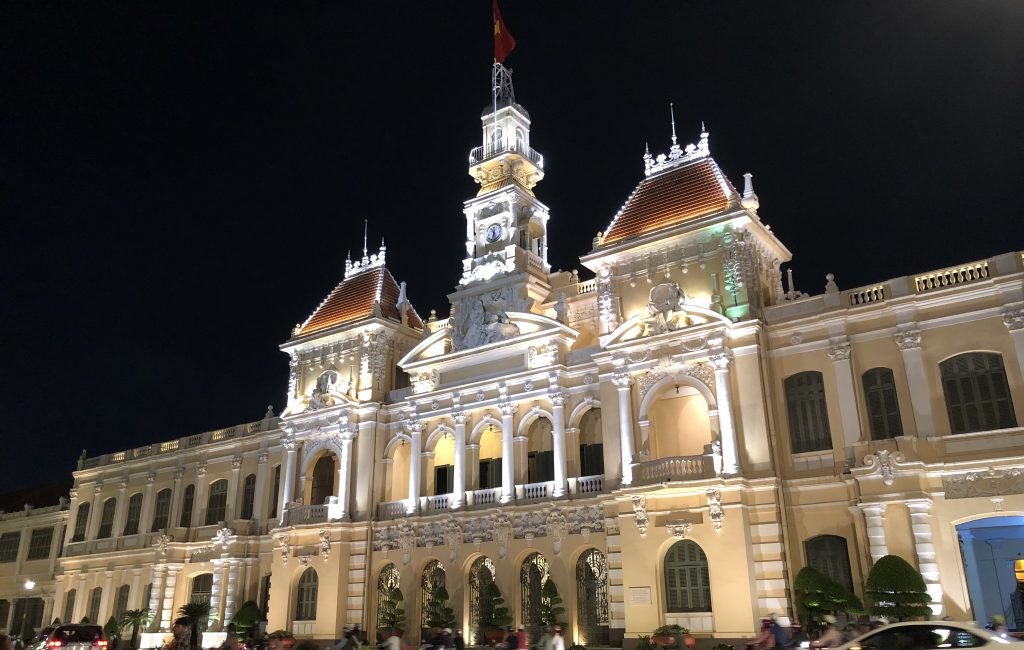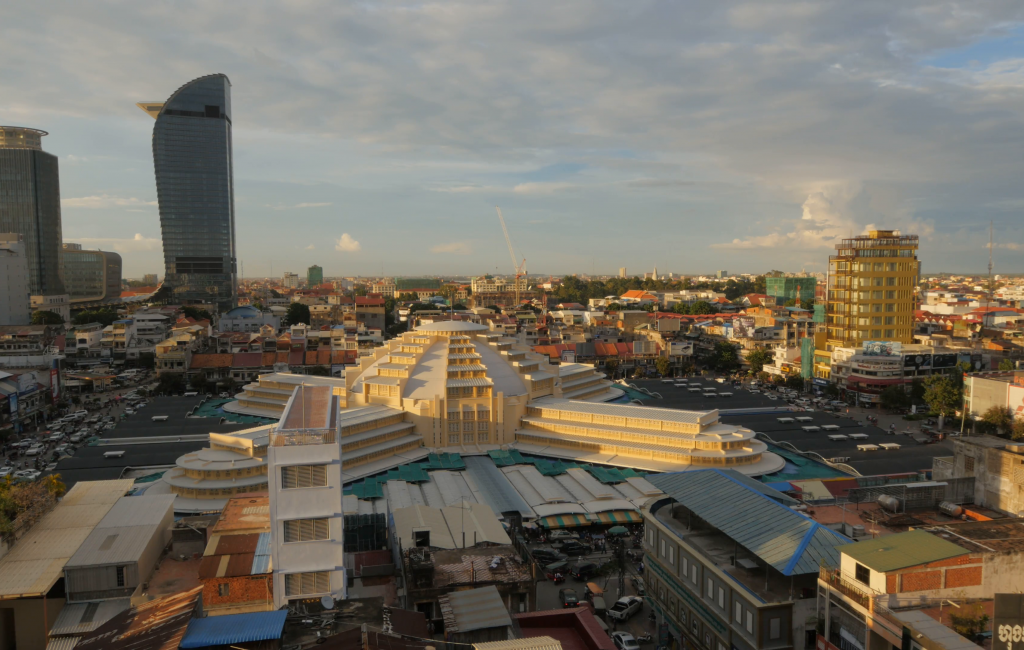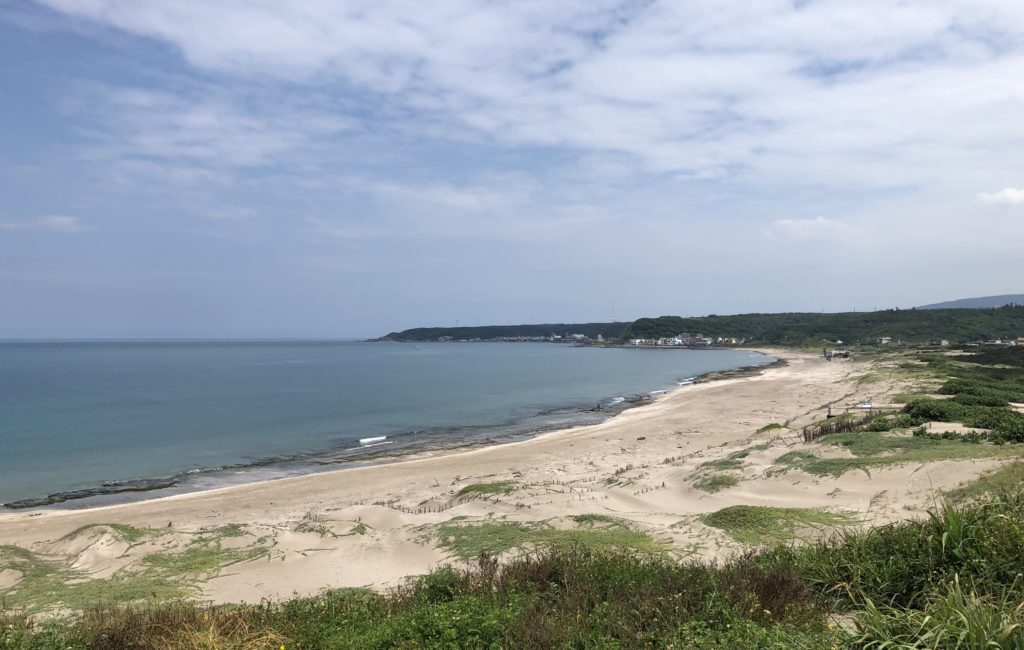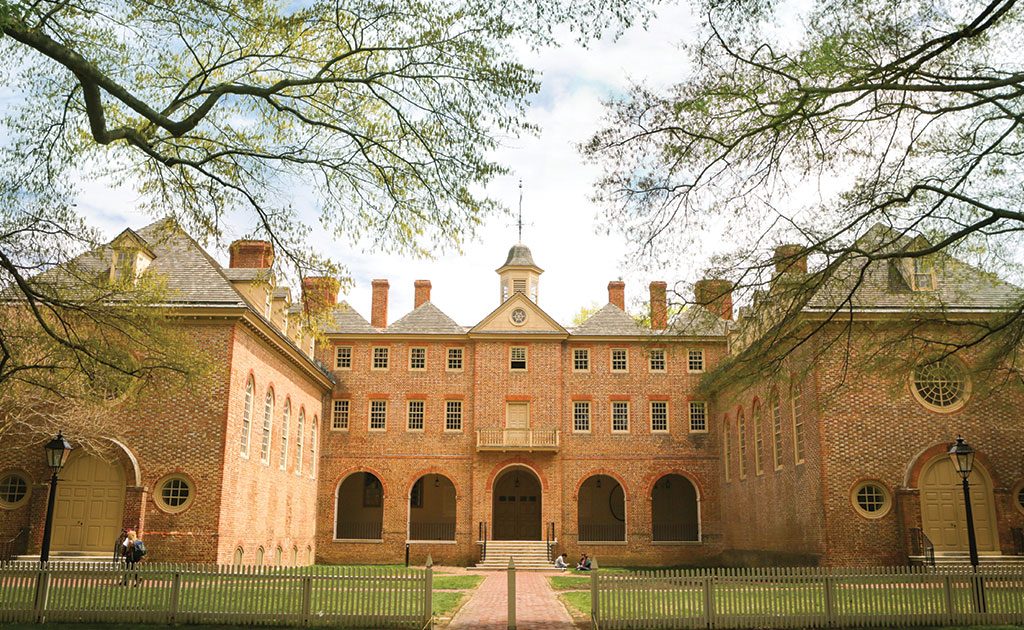
When the colonists arrived from England in the late 16th and early 17th centuries, a beneficial aspect of their culture they brought with them was the importance of education.
England has a long history of education with University of Oxford founded in the early 12th century, almost 500 years before the colonists arrived, and University of Cambridge 400 years prior (though both were chartered in the early-mid 13th century). The encouragement for education took place on a smaller scale, usually among the wealthy, until the rise of the printing press created a more widespread need for literacy and standardized the English language.
Besides the invention of the printing press, the main catalyst in the rise of education in England was the Reformation under Henry VIII in the early-mid 16th century, where England broke away from papal authority in Rome and created the Church of England.
During this time, religious groups such as the Puritans wanted the Bible to be read by as many as possible. Dissatisfied with the education in England, they brought their own version, with more emphasis on science and technology in the curriculum in addition to religious studies, to the New World. After making the voyage to America, they began to establish educational systems and colleges in their various colonies.
I don’t think the colonists in America could have imagined the college scene that exists in today’s society, and if they were to sit down and watch Animal House or Old School, I think they’d be horrified. Maybe some would get a kick out of it.
There were other colonial colleges that existed before 1776, but they were not fully chartered as these nine institutions were.
Harvard University (New College) – Boston, Massachusetts
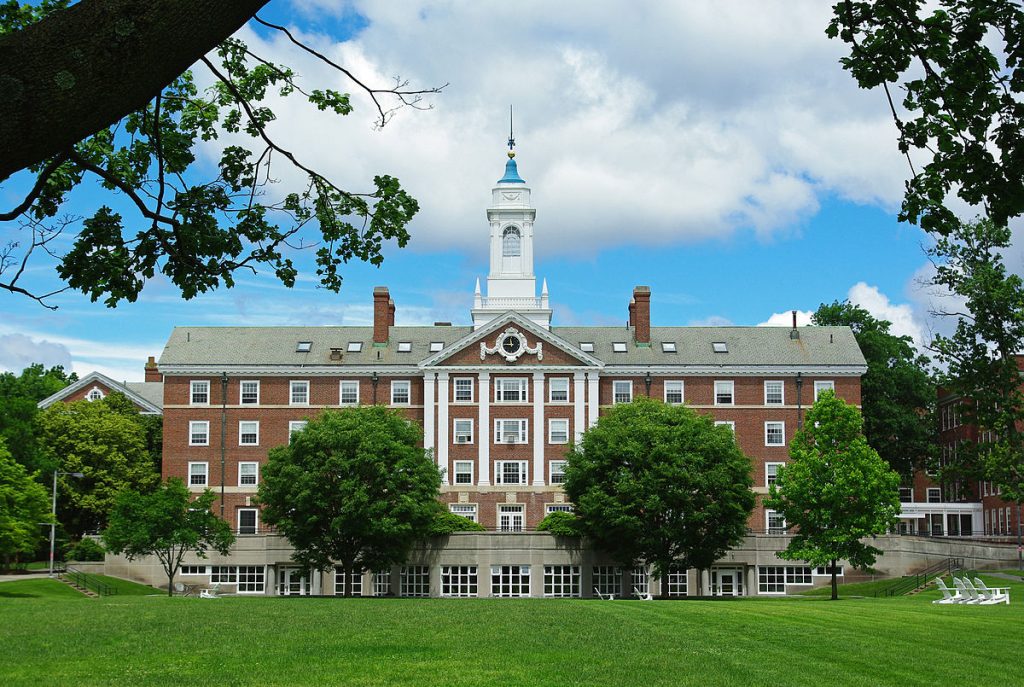
Founded as New College in 1636, Harvard is the oldest college in the United States. John Harvard, an English minister who settled in America, became the namesake for the school after creating the first American higher education endowment of his life savings of 800 pounds and his 400 volume book collection. The school has gone on to produce dozens of heads of states, billionaires, and Nobel Laureates, among hundreds of others with various prestigious awards, and continues to be the most prestigious university in America.
College of William and Mary – Williamsburg, Virginia
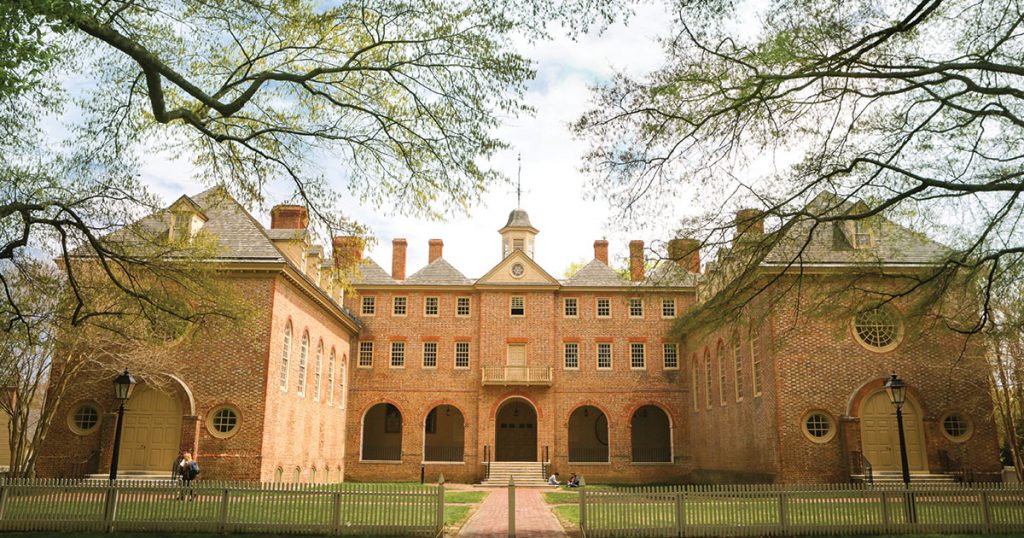
Named after the ruling British monarchs of the day, the College of William and Mary was chartered in 1698, making it the second oldest university in America. The university lays claim to the first law school and Greek society in America, and also educated more presidents than any other for the first century and a half of Independence.
Yale College (Collegiate School) – New Haven, Connecticut
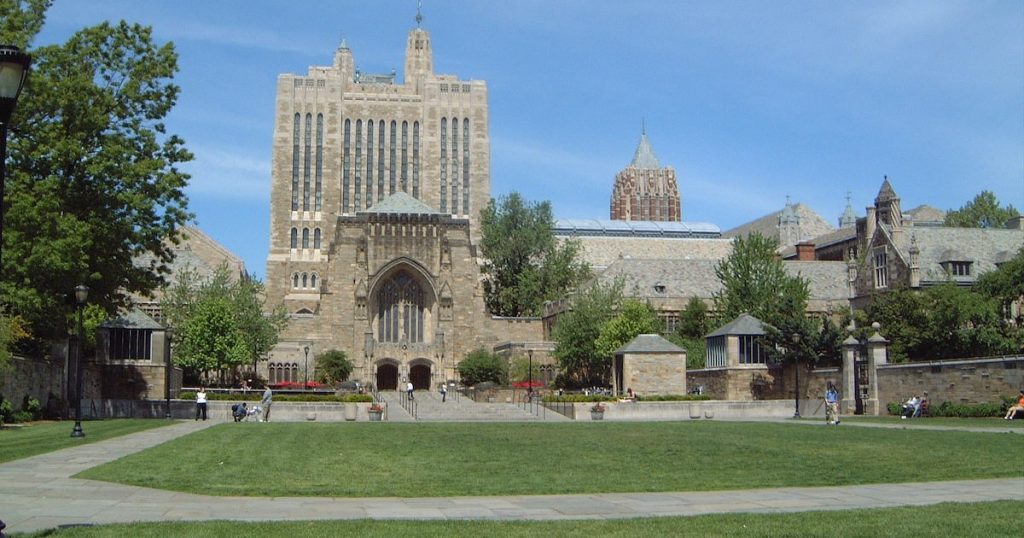
Yale has its beginnings back in 1701 when a group of Connecticut ministers wanted a place to train students to follow the clergy track. Originally called Collegiate School, Welsh-American businessman Elihu Yale donated funds and a book collection and the school was renamed in his honor.
Rutgers University (Queen’s College) – New Brunswick, New Jersey
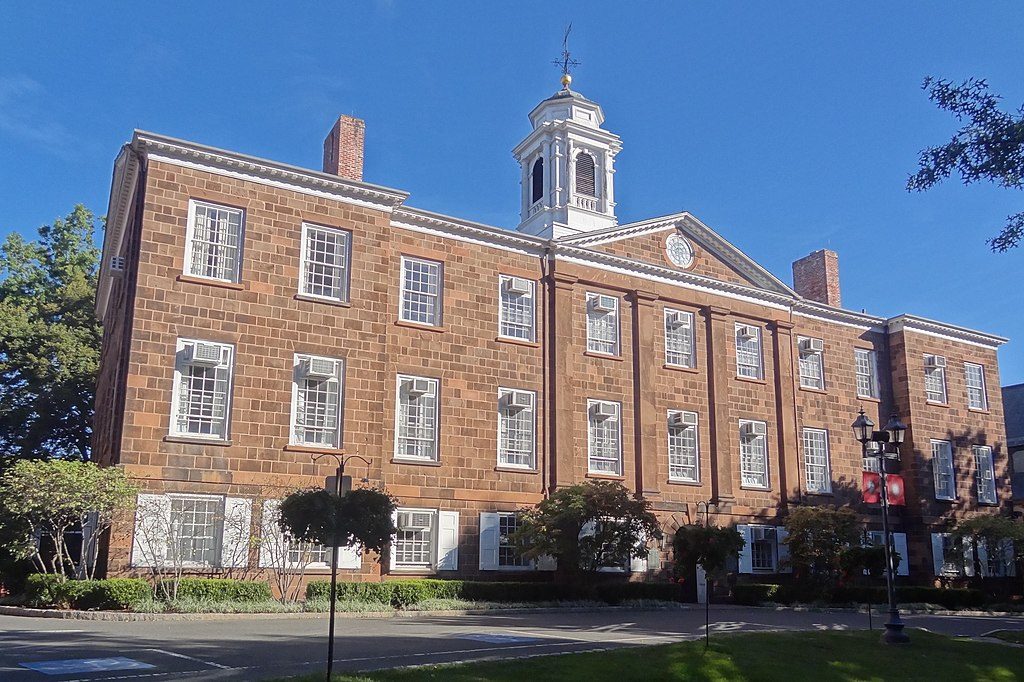
Queen’s College was established as a place to train future ministers, however, this group was a part of the Dutch Reformed Church, and not Congregational (essentially Puritan). Rutgers is now the largest of the colonial colleges, with over 65,000 undergraduate and graduate students.
Columbia University (King’s College) – New York City, New York
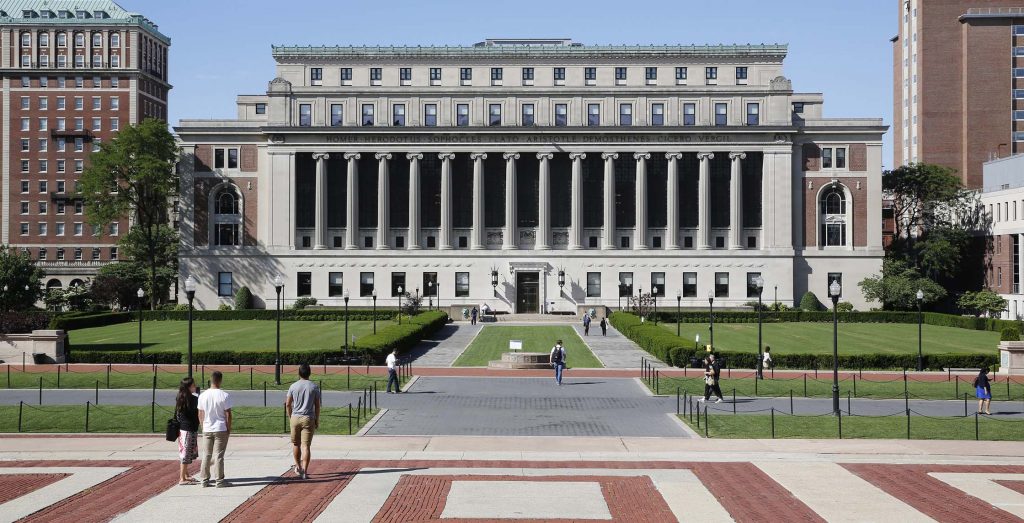
King’s College, now Columbia University, has its roots in Anglicanism as most of the founders who established its charter were a members of the Church of England. Located in Manhattan and the oldest university in New York, Columbia’s first classes were held in Trinity Church.
Brown University (College of Rhode Island) – Providence, Rhode Island
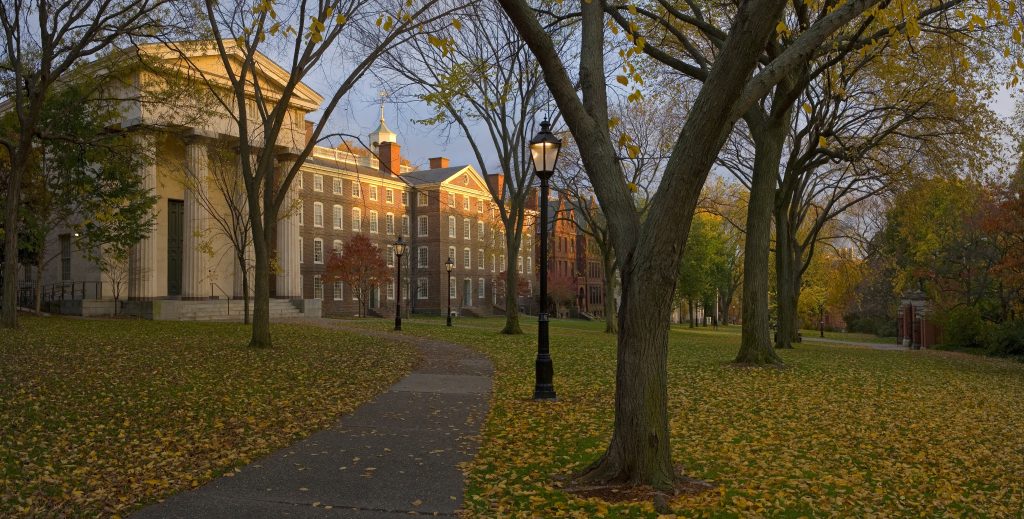
Brown University was founded as the College of Rhode Island in 1764 after some Baptist members of the Rhode Island Colony wanted to “open a literary institution or School for instructing young Gentlemen in the Languages, Mathematics, Geography & History, & such other branches of Knowledge as shall be desired.” Nicolas Brown and family played a prominent role beginning in the late 1700s, establishing the modern foundation for the university and becoming its namesake in 1804.
University of Pennsylvania (College of Philadelphia) – Philadelphia, Pennsylvania
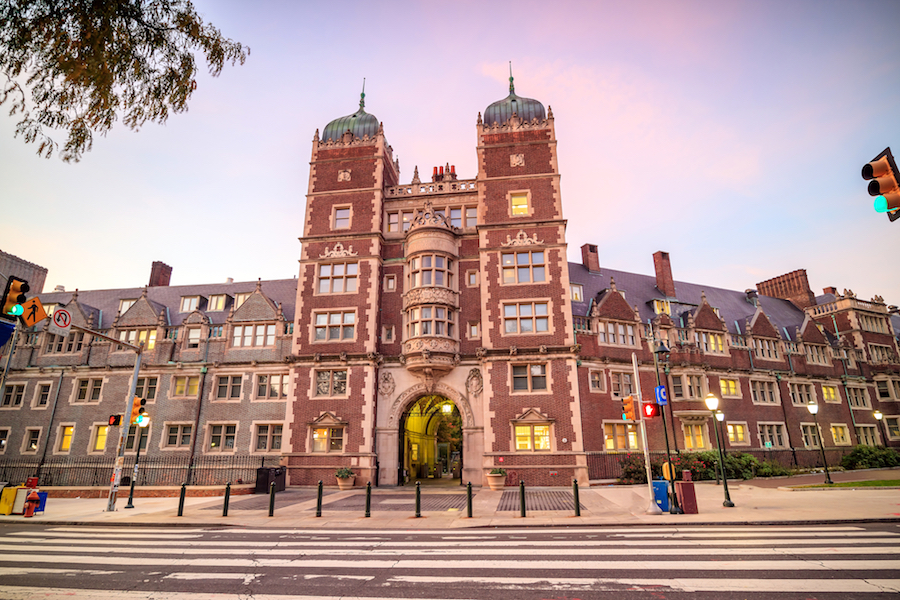
Many of the other colonial colleges focused on religious studies, but Benjamin Franklin had a different idea for his proposal for a college. He wanted a school that would form a person into a good citizen, equipped with the skills necessary to earn a good living. The charter was granted in 1755, and the University of Pennsylvania officially was founded as the first college in the United States to use the term “university.”
Princeton University (College of New Jersey) – Princeton, New Jersey
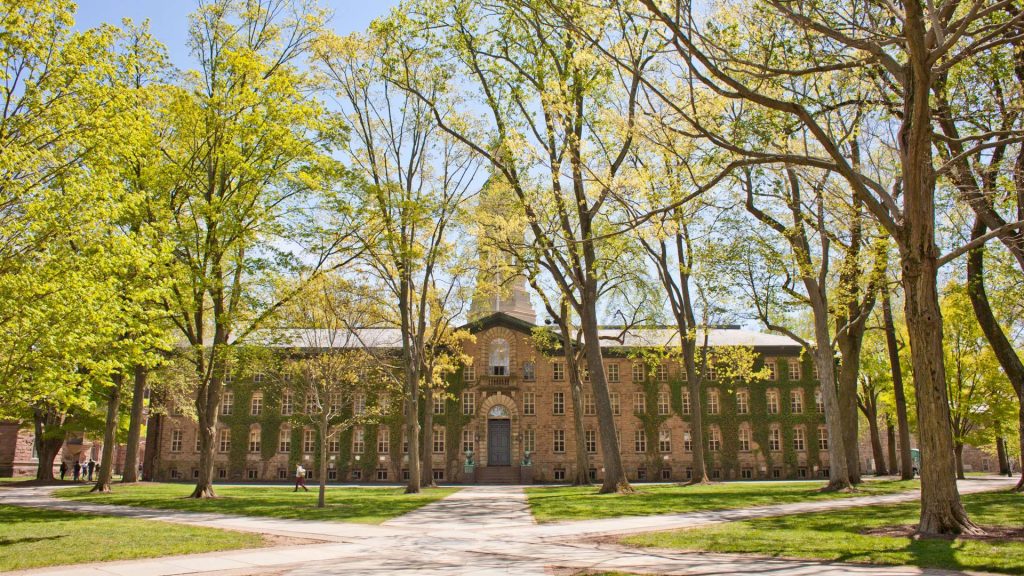
Founded by Presbyterians in 1746 as a place to train future ministers, Princeton began its existence as the College of New Jersey, with its charter granted in 1749. Nassau Hall, named after William of Orange and one of the oldest educational buildings in America, was the capital of the United States as it held Continental Congress meetings during a four month period in 1783.
Dartmouth College – Hanover, New Hampshire
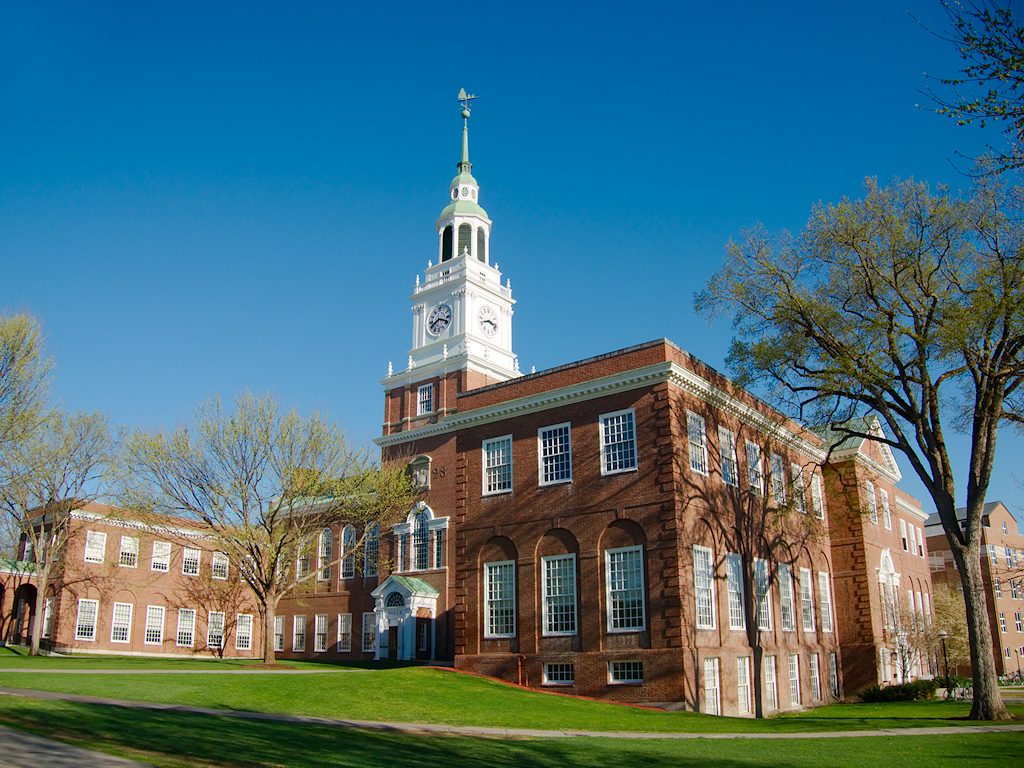
Ezra Wheelock founded the precursor to Dartmouth College, originally known as Moor’s Charity School for Native Americans to study Christianity. Named for the Second Earl of Dartmouth in England, Dartmouth was the last of the nine colonial colleges to be chartered, which occurred in 1769.
Sources:
http://www.educationengland.org.uk/history/index.html
https://www.archives.upenn.edu/histy/features/common_nonsense/other_six.html
https://www.bartleby.com/227/1601.html
Latest posts by Doug Chesney (see all)
- 48 Hours in Ho Chi Minh City, Vietnam - November 9, 2018
- The Nine Colonial Colleges - October 3, 2018
- Top 10 Colonial Buildings in Phnom Penh - September 12, 2018
